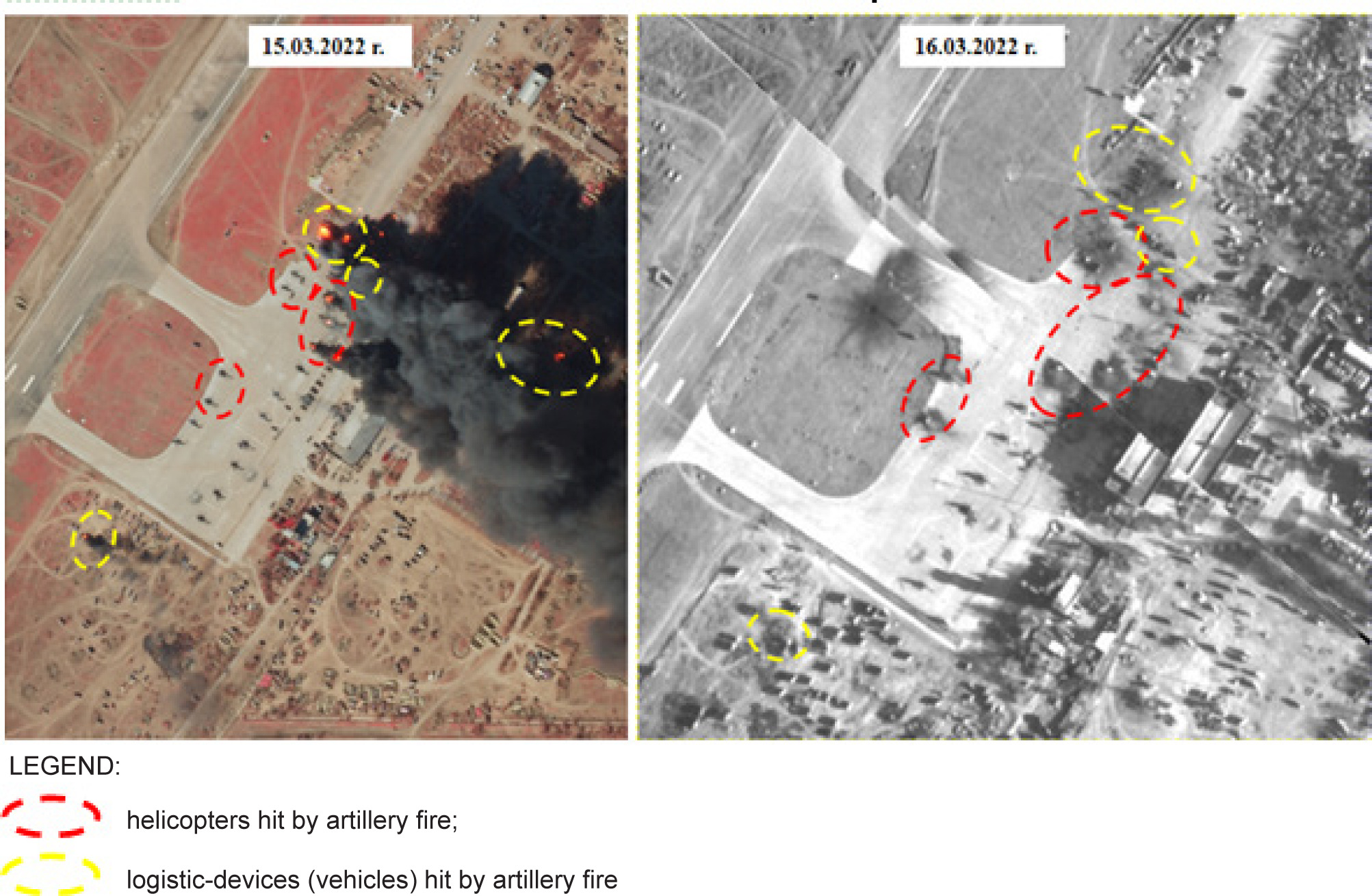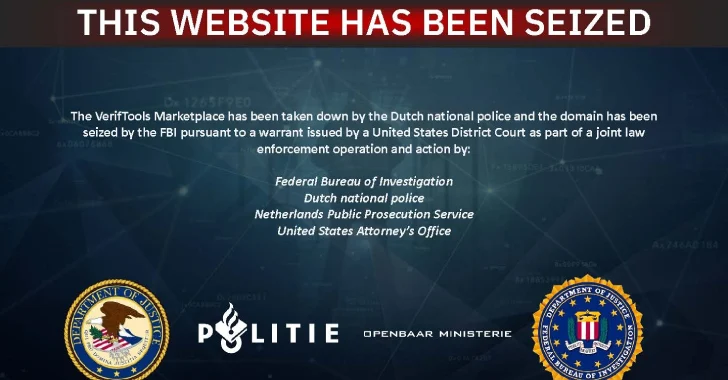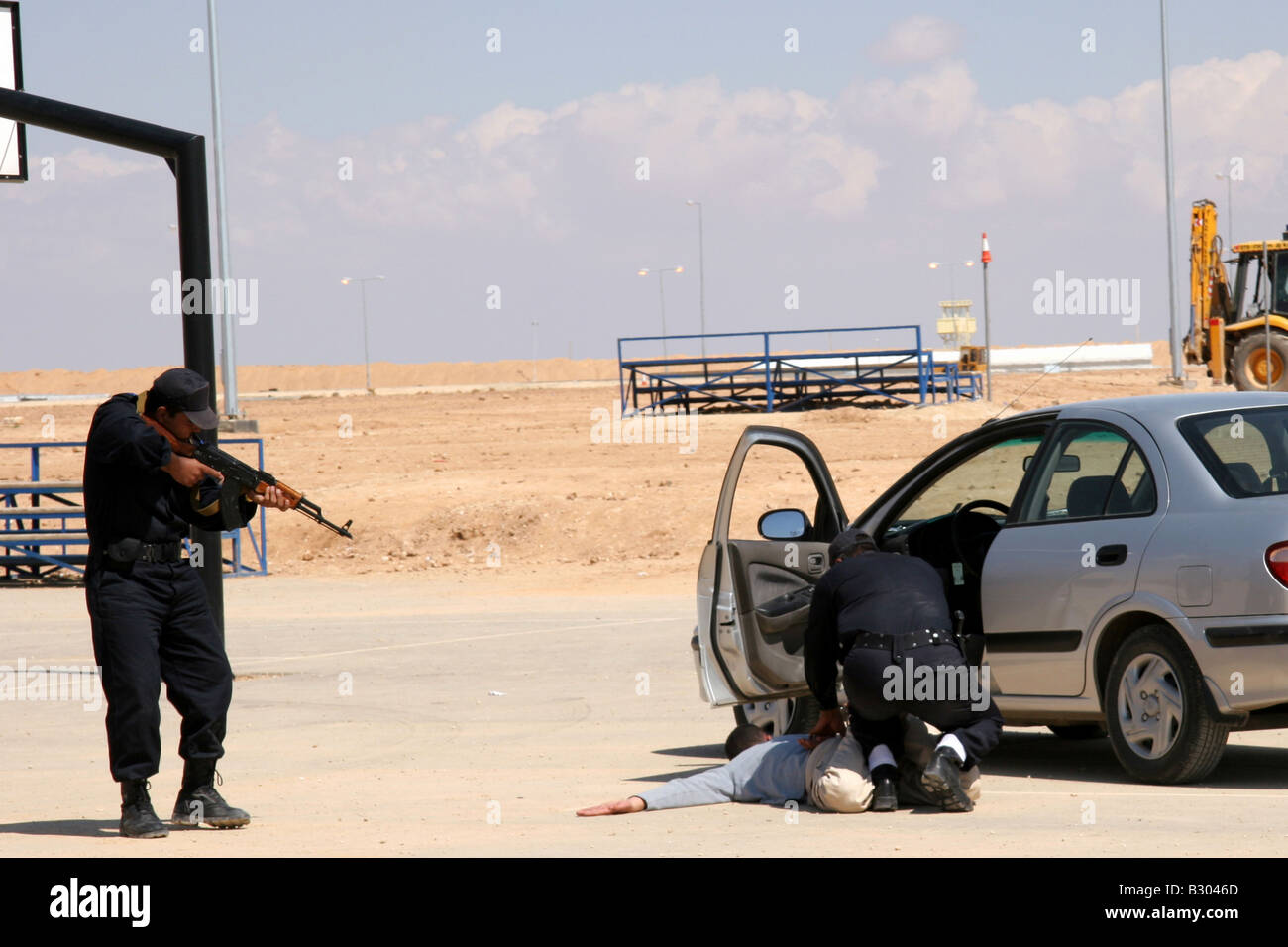World

World
19 Sep, 2025
NATO Strengthens Eastern Flank Following Drone Incursions Over Poland
Nemesio Gatdula
NATO announced on September 12 the initiation of a mission to enhance defense capabilities along its eastern frontier, following Poland's interception of drones that breached its airspace—a first such incident involving a NATO member during the ongoing Russia-Ukraine war.
At the United Nations, U.S. officials described the drone incursions as "alarming" and pledged to "defend every inch of NATO territory," reassuring alliance members after remarks by President Donald Trump suggested the incursion might have been accidental. In contrast, Poland firmly rejected this notion, labeling the drone activity a deliberate test by Russia of NATO's response mechanisms.
Polish Foreign Minister indicated hope for a strong U.S. response demonstrating solidarity. The United States and Western allies jointly condemned the violation, accusing Moscow of breaching international law and the United Nations Charter. Russia responded by claiming its operations targeted Ukraine exclusively, with its UN ambassador asserting the drones' range made a Polish incursion impossible.
NATO Secretary General Mark Rutte characterized the drone violations as "reckless and unacceptable," announcing Operation Eastern Sentry aimed at reinforcing defenses stretching from the Baltic states to the Balkans. Supreme Allied Commander Europe, U.S. Air Force General Alexus Grynkewich, described the initiative as flexible and encompassing air and ground assets across the eastern flank. While the number of additional troops remains unspecified, several NATO members, including Denmark, France, the UK, and Germany, have committed military resources such as fighter jets and naval vessels.
President Trump conveyed growing frustration with Russian President Vladimir Putin but stopped short of imposing new sanctions. Germany has extended air policing over Poland, and both Germany and France summoned Russian ambassadors to address the incident.
The episode has intensified discussions on NATO's readiness against potential large-scale drone attacks, a tactic increasingly observed in the Ukraine conflict. Concurrently, Russian nuclear entity Rosatom reported that a Ukrainian drone attack on the Smolensk nuclear power station was thwarted without damage.
European leaders contend the Polish drone incident evidences Russia's disinterest in peace negotiations, coming weeks after diplomatic engagements that included President Trump and Vladimir Putin in Alaska. European officials have sought to renew coordinated sanctions against Russia, a practice disrupted since President Trump's tenure began.
Kremlin spokesperson Dmitry Peskov criticized European nations for obstructing peace talks and downplayed NATO’s concerns, dismissing Russia as no threat while Russian and Belarusian forces commenced joint military exercises in the Baltic and Barents seas.
In Kyiv, U.S. envoy Keith Kellogg and security advisers from key European nations engaged with Ukrainian leadership to discuss security assurances, with President Volodymyr Zelenskiy noting that many details have been formalized and the deployment of foreign troops would symbolize political commitment to Ukraine.
This development marks a significant moment of friction within the NATO alliance and raises critical questions about collective defense amid escalating regional security challenges.
Recommended For You

DOTr and LTO File Complaint Over Fake License Use by Former Bulacan Engineers
Sep 19, 2025
Felicidad Dimaculangan

Renowned Actor and Environmentalist Robert Redford Dies at 89
Sep 19, 2025
Nemesio Gatdula

Two Arrested in Maguindanao del Sur for Possessing Firearms During Election Gun Ban
Sep 19, 2025
Felicidad Dimaculangan

Calls Grow for Science-Based Decisions on Class Suspensions Amid Rising Education Concerns
Sep 19, 2025
Felicidad Dimaculangan
